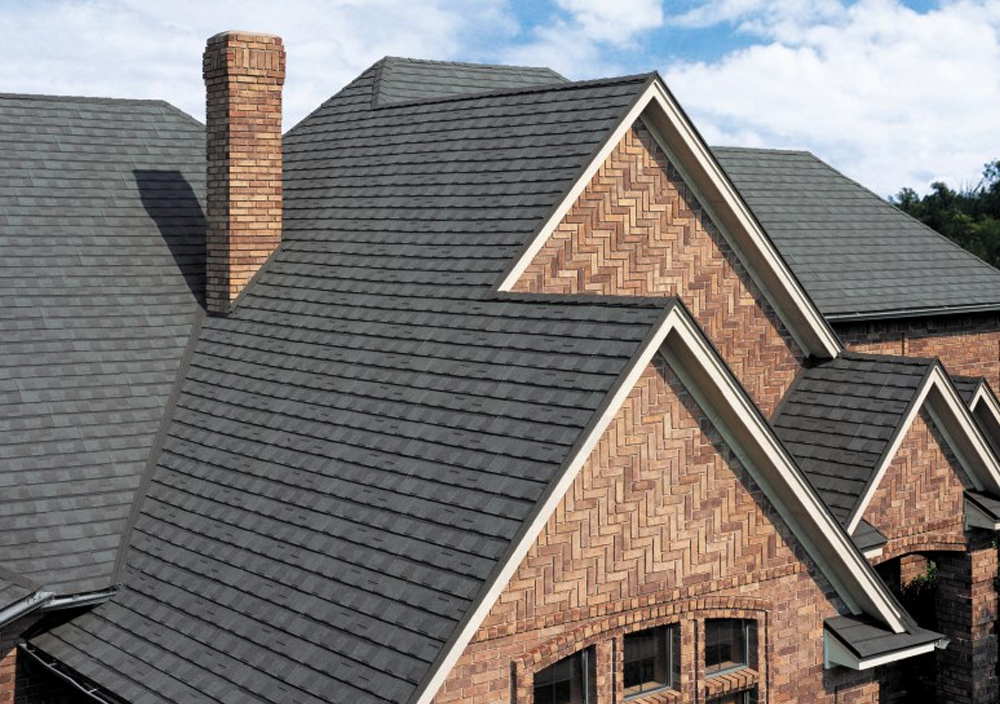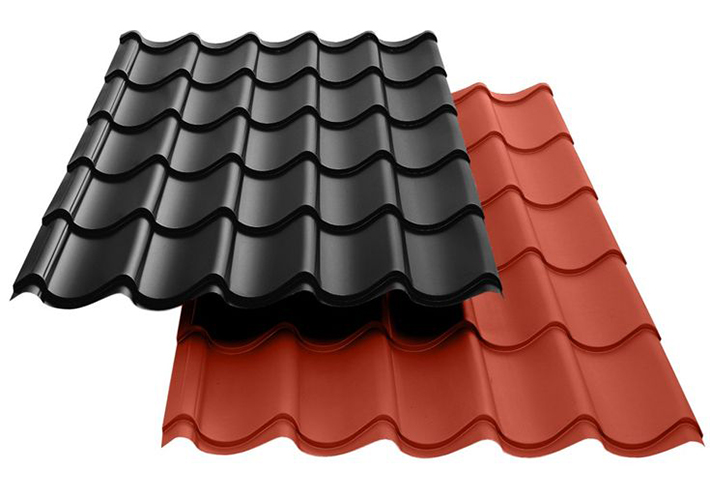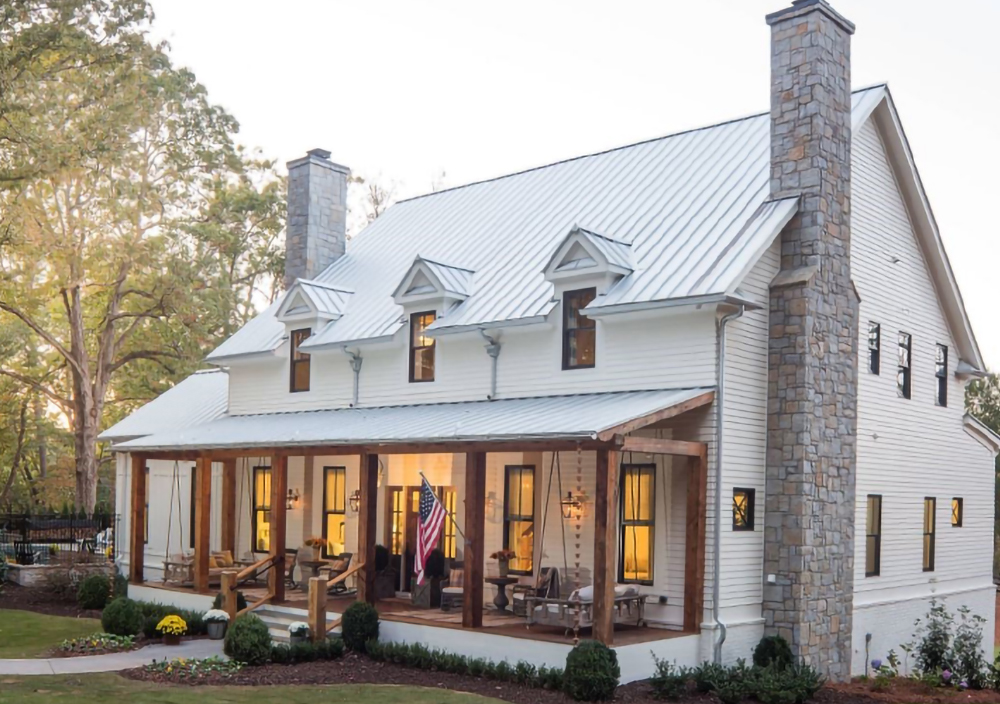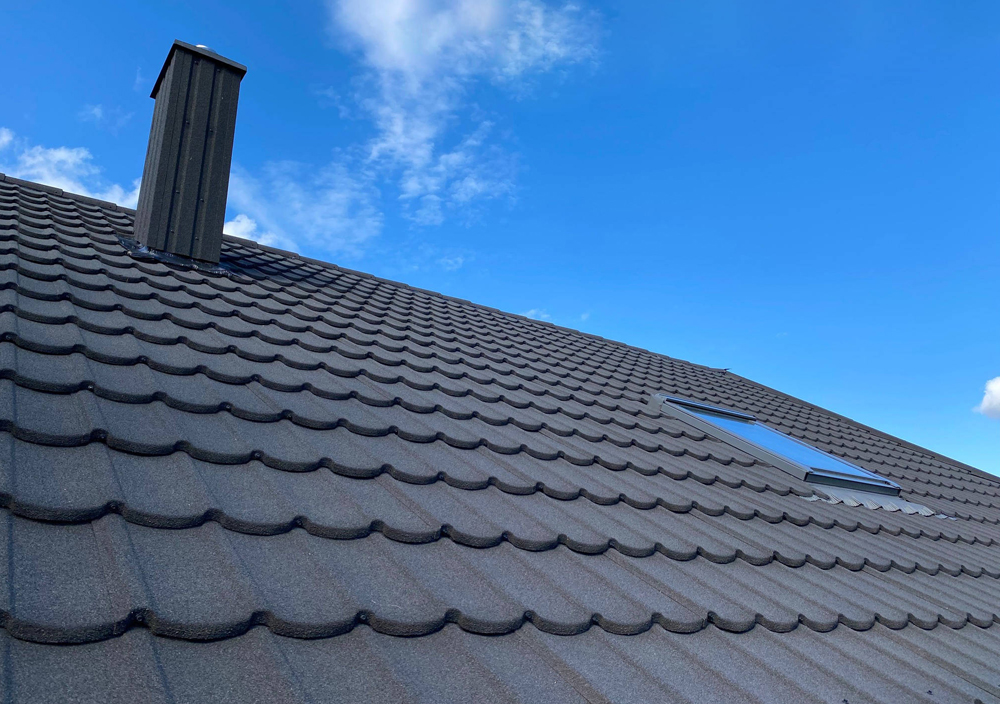In today’s fast-paced industrial landscape, businesses across sectors like construction, agriculture, and transport require durable, adaptable, and cost-effective solutions to protect assets, optimize operations, and meet regulatory standards. Custom PVC tarpaulins have emerged as a cornerstone of modern industrial logistics, offering unmatched versatility and performance. For B2B wholesale clients, partnering with a trusted PVC tarpaulin manufacturer translates into long-term value, operational efficiency, and customer satisfaction.
This guide explores the critical role of custom PVC tarpaulins in three key industries, highlights their technical advantages, and outlines how tailored solutions can address specific challenges faced by wholesalers and their clients.

PVC Tarpaulin Fundamentals
What is PVC Tarpaulin?
PVC (Polyvinyl Chloride) tarpaulin is a high-performance fabric composed of a polyester mesh base coated with PVC layers. This combination creates a material that is waterproof, UV-resistant, tear-proof, and flame-retardant (depending on treatment). Unlike traditional materials like canvas or polyethylene, PVC tarps are engineered for extreme durability, with lifespans exceeding 5–10 years under proper conditions.
Key Features of PVC Tarpaulins
- Weather Resistance: Withstands heavy rain, snow, hail, and prolonged sun exposure.
- Tensile Strength: Reinforced edges and high-denier polyester ensure resistance to tearing.
- Customizability: Adjustable thickness (e.g., 500–1,000 GSM), colors, and sizes.
- Chemical Resistance: Ideal for environments exposed to oils, acids, or fertilizers.
- Fire Retardancy: Optional treatments meet international safety standards (e.g., EN 13501, NFPA 701).
Manufacturing Process
Advanced production techniques include:
- Lamination: Multi-layer coating for enhanced waterproofing.
- Heat Welding: Seamless joints for airtight protection.
- Digital Printing: High-resolution branding or labeling.
Industry-Specific Applications
Construction Industry
PVC tarps are indispensable in construction for protecting materials, workers, and sites.
Key Use Cases:
- Temporary Enclosures: Dust-proof barriers for renovation projects or hazardous zones.
- Roof Covers: Waterproof protection during roofing installations.
- Scaffold Wrapping: Safety netting and debris containment for high-rise buildings.
- Curing Blankets: Maintain concrete moisture levels in cold weather.
Case Study: A Dubai-based contractor reduced project delays by 30% using UV-stabilized PVC covers to shield materials from desert sun and sandstorms.
Agriculture & Farming
Farmers rely on PVC tarps for crop protection, livestock management, and equipment storage.
Key Use Cases:
- Greenhouse Covers: Light-diffusing tarps optimize plant growth.
- Silage Covers: Airtight solutions for fermenting fodder.
- Livestock Shelters: Weatherproof tents for poultry or cattle.
- Grain Storage: Insect-proof and moisture-resistant bulk covers.
Case Study: A Canadian agribusiness cut post-harvest losses by 22% using anti-fungal PVC sheets for grain storage.
Transport & Logistics
In transport, PVC tarps secure cargo and comply with safety regulations.
Key Use Cases:
- Truck Curtains: Heavy-duty side curtains for flatbed trucks.
- Container Liners: Hygienic liners for food-grade transport.
- Railcar Covers: Custom-fit tarps for coal, minerals, or timber.
- Marine Covers: Saltwater-resistant covers for shipping containers.
Case Study: A European logistics firm reduced cargo damage claims by 40% after switching to tear-resistant PVC truck tarps.

Customization Capabilities
Tailored Designs
- Size & Shape: Precision-cut for irregular structures (e.g., machinery, silos).
- Color Matching: Brand-specific Pantone colors for corporate clients.
- Reinforcements: Additional straps, grommets, or zippers for frequent use.
Specialty Treatments
- Anti-Static Coatings: Critical for transporting flammable goods.
- Thermal Insulation: Reflective layers for temperature-sensitive cargo.
- Anti-Microbial Linings: For food/pharmaceutical transport compliance.
Technical Support
Leading manufacturers offer CAD-based design simulations and on-site measurements to ensure perfect fits.
Why Partner with a Professional Manufacturer?
Quality Assurance
- ISO 9001-certified production with batch testing for tensile strength, waterproofing, and UV stability.
- Compliance with international standards (e.g., REACH, RoHS).
Cost Efficiency
- Bulk pricing models for wholesalers.
- Reduced replacement costs due to extended product lifespan.
Sustainability
- Recyclable PVC blends and eco-friendly coatings.
- Energy-efficient manufacturing processes.
Supply Chain Reliability
- Just-in-time delivery for large orders.
- Global logistics partnerships for seamless distribution.

Navigating the Procurement Process
Needs Assessment
Collaborate with manufacturers to define:
- Environmental conditions (e.g., temperature ranges, chemical exposure).
- Frequency of use and expected lifespan.
- Regulatory requirements (e.g., fire safety, food-grade certifications).
Sample Testing
Request material swatches and prototypes to validate performance.
Long-Term Partnerships
Opt for suppliers offering:
- Warranty programs (e.g., 2–5 years against defects).
- Inventory management support for repeat orders.
Market Trends & Innovations
Smart Tarpaulins
- IoT-enabled tarps with embedded sensors for real-time moisture/temperature monitoring.
- GPS-tracked covers for high-value cargo.
Lightweight Materials
Ultra-thin, high-strength PVC blends reduce shipping costs without compromising durability.
Circular Economy Initiatives
Closed-loop recycling programs to reclaim and repurpose used tarps.

Conclusion
For B2B wholesalers serving construction, agriculture, and transport sectors, custom PVC tarpaulins represent a high-margin, high-demand product category. By aligning with a manufacturer that prioritizes innovation, customization, and sustainability, wholesalers can differentiate themselves in competitive markets while delivering exceptional value to their clients.
Investing in tailored PVC solutions isn’t just about purchasing a product—it’s about forging partnerships that drive operational excellence and long-term growth.





